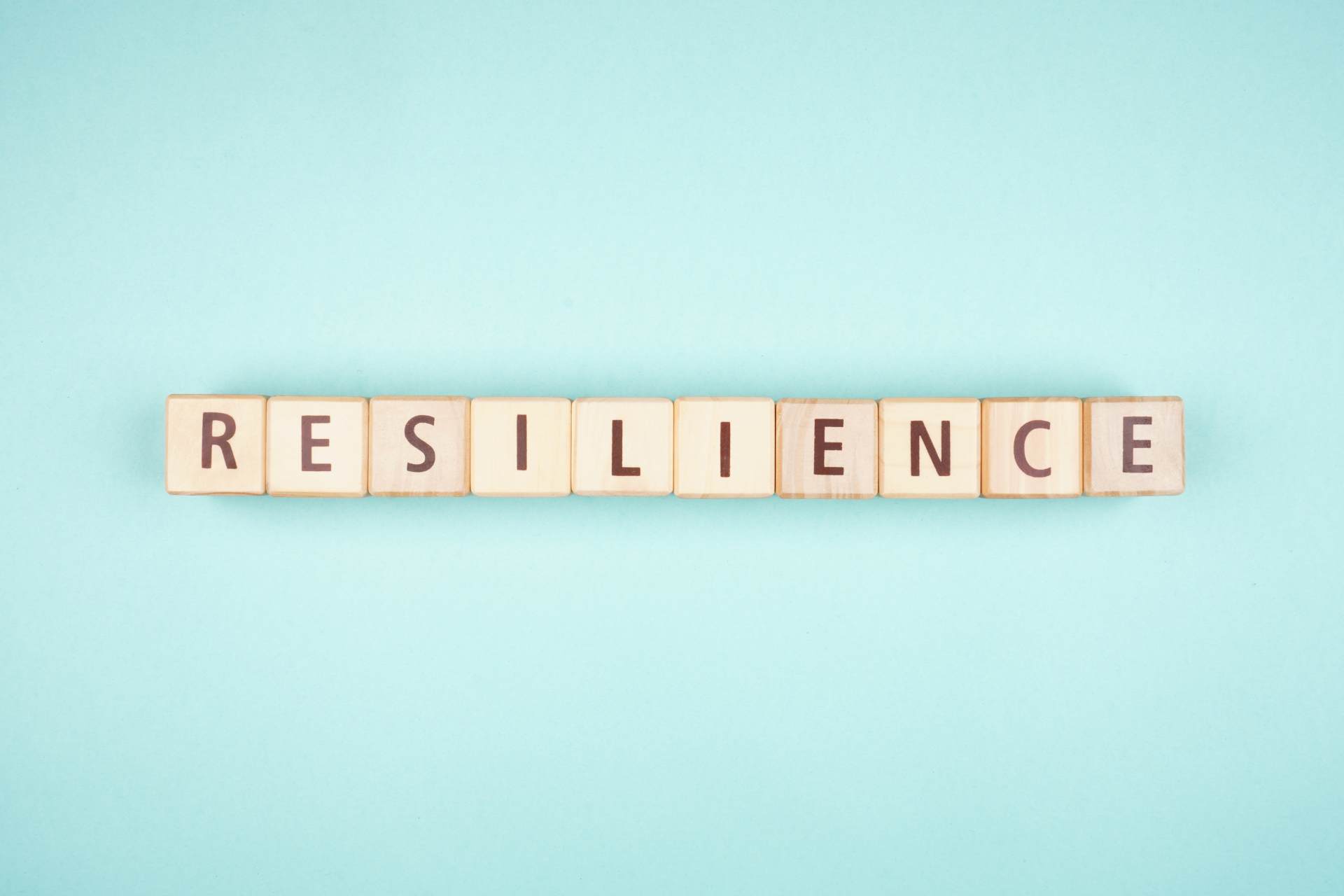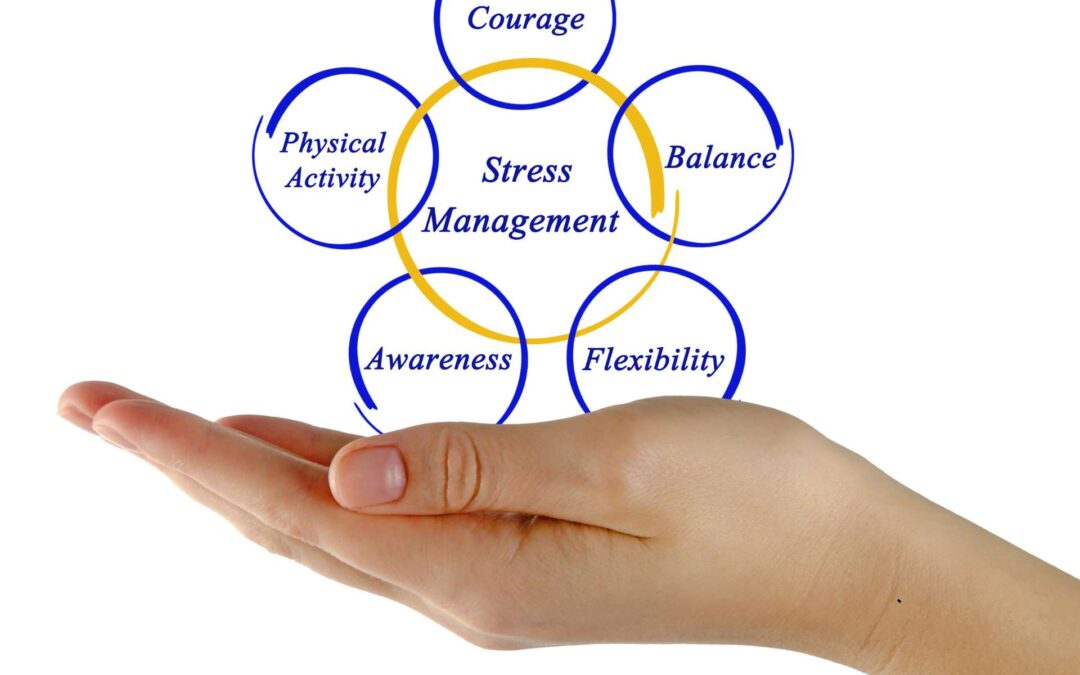Resilience is the ability to adapt and thrive despite adversity and life’s challenges. It is a crucial skill for children and adolescents, helping them navigate difficult situations and emerge stronger. At New Insights Health & Wellness in Connecticut, we offer strategies and support to help young individuals develop resilience and build a foundation for lifelong mental health and well-being.
Understanding Resilience
Resilience involves a combination of inner strengths and external resources. It is not an innate trait but a set of skills and attitudes that can be cultivated. Resilient children and adolescents are better equipped to manage stress, cope with challenges, and recover from setbacks.
The Importance of Resilience
Building resilience in young individuals has numerous benefits. It improves mental health, reducing the likelihood of developing issues such as anxiety and depression. Resilience also enhances problem-solving skills, enabling children to find solutions to challenges they face. In academic settings, resilient students are more likely to persevere through difficulties and achieve success. Additionally, resilience helps children build and maintain healthy relationships with peers and family members, promoting stronger social connections. Increased self-esteem is another benefit, as resilient children develop a positive self-image and confidence in their abilities. Overall, resilience is a vital skill that supports the holistic development and well-being of children and adolescents.
Strategies for Building Resilience
Here are some effective strategies to help children and adolescents develop resilience:
- Foster a Supportive Environment: Create a safe and nurturing home environment where children feel loved and valued. Encourage open communication and active listening to help them express their feelings and concerns.
- Teach Problem-Solving Skills: Encourage children to approach challenges with a problem-solving mindset. Teach them to break down problems into manageable steps and explore possible solutions.
- Promote Positive Relationships: Help children build strong connections with family, friends, and mentors. Positive relationships provide emotional support and a sense of belonging.
- Encourage a Growth Mindset: Teach children to view challenges as opportunities for growth. Encourage them to embrace mistakes as learning experiences and persist in the face of difficulties.
- Build Emotional Awareness: Help children recognize and understand their emotions. Encourage them to express their feelings and develop healthy coping mechanisms for managing stress and anxiety.
- Set Realistic Goals: Guide children in setting achievable goals and celebrating their accomplishments. This helps build confidence and a sense of achievement.
- Model Resilient Behavior: Demonstrate resilience through your actions and attitudes. Show children how to cope with setbacks, stay positive, and persevere.
- Encourage Physical Activity: Regular physical activity can improve mood and reduce stress. Encourage children to participate in sports, outdoor activities, or exercise routines.
- Develop Healthy Routines: Establish consistent daily routines that include time for schoolwork, play, relaxation, and sleep. Predictable routines provide a sense of stability and security.
- Practice Mindfulness and Relaxation Techniques: Introduce mindfulness practices such as deep breathing, meditation, and yoga to help children manage stress and stay focused.
Integrating Professional Support
In addition to these strategies, professional support can play a crucial role in building resilience. At Solstice Healthcare, our therapists work with children and adolescents to develop personalized resilience-building plans. Therapy can provide a safe space for young individuals to explore their feelings, build coping skills, and develop a positive mindset.
Therapeutic Approaches:
- Cognitive-Behavioral Therapy (CBT): CBT helps children challenge negative thought patterns and develop problem-solving skills.
- Play Therapy: Play therapy allows younger children to express their emotions and experiences through play, helping them process challenges and build resilience.
- Family Therapy: Family therapy strengthens family dynamics and improves communication, providing a supportive environment for the child’s development.
Building resilience in children and adolescents is essential for their long-term mental health and well-being. By fostering a supportive environment, teaching problem-solving skills, encouraging positive relationships, and integrating professional support, parents and caregivers can help young individuals develop the resilience needed to cope with life’s challenges. At New Insights, we are dedicated to providing comprehensive mental health services to support children and adolescents in their journey towards resilience. Fill out a new patient form and contact us today for expert guidance and personalized care.






